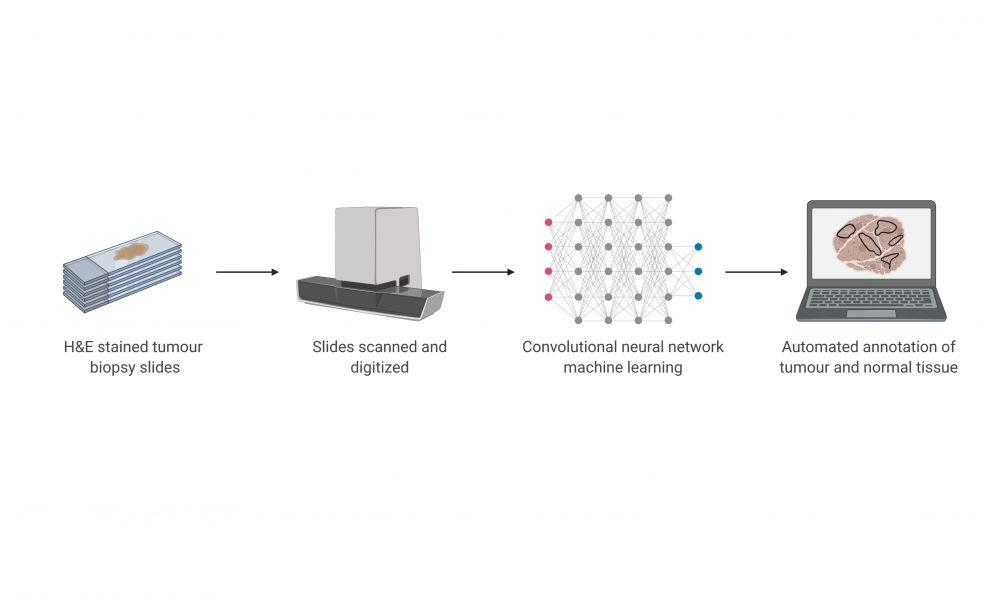News
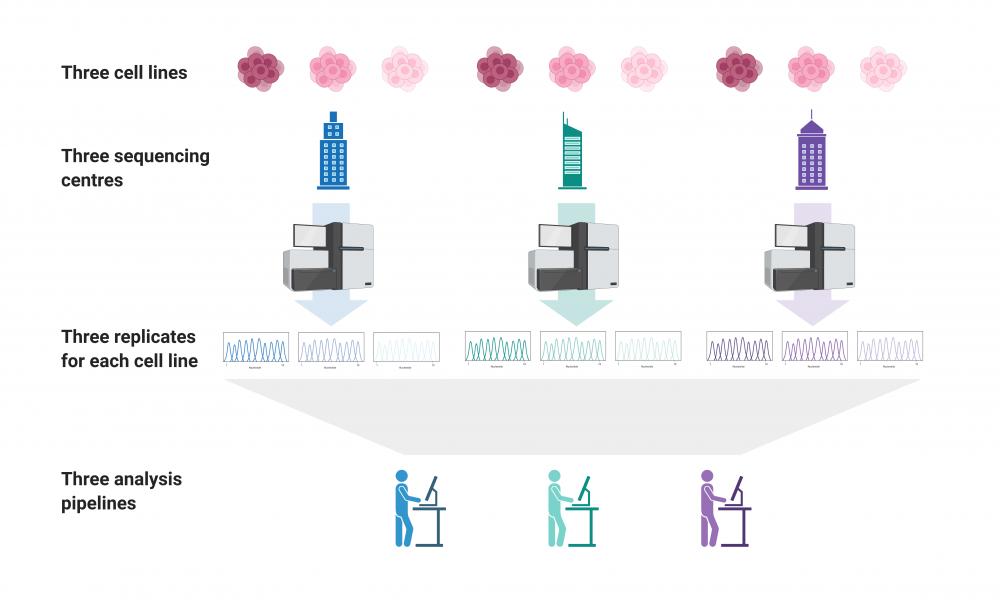
Study shows Canada Genome Centres primed for COVID-19 host sequencing
Large-scale genome sequencing initiatives frequently rely on datasets provided by different sequencing centres, all of which may employ different laboratory protocols, instruments and analytical methods that may introduce disparities in the data produced. When combining datasets generated at different institutions, how do researchers ensure consistency between datasets?
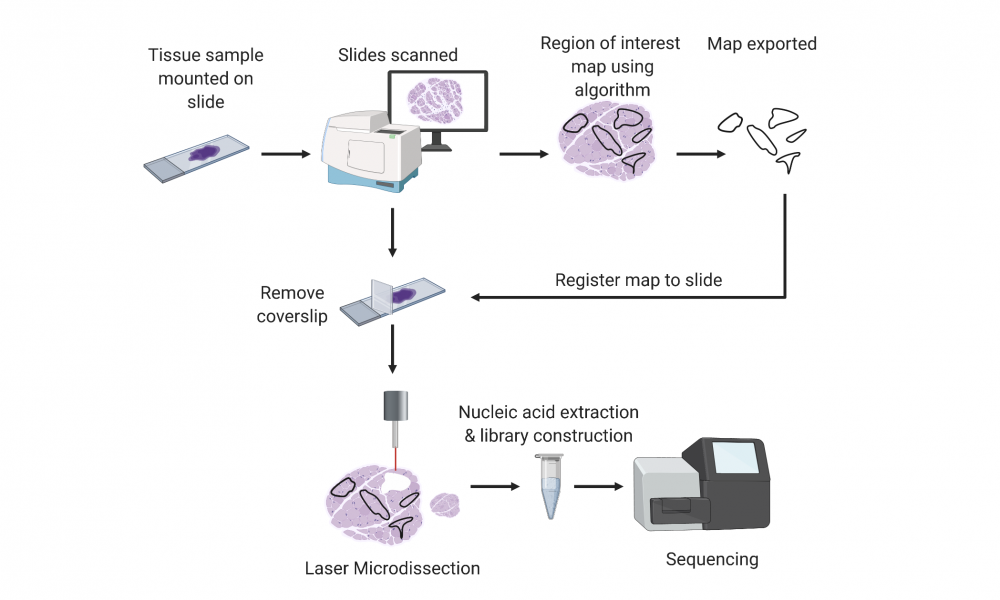
A machine learning algorithm for automated tumour sample processing
As researchers work towards establishing whole genome and transcriptome analysis into clinical practice for cancer care, scientists at the GSC continue developing innovative laboratory methods to improve efficiency and accuracy.
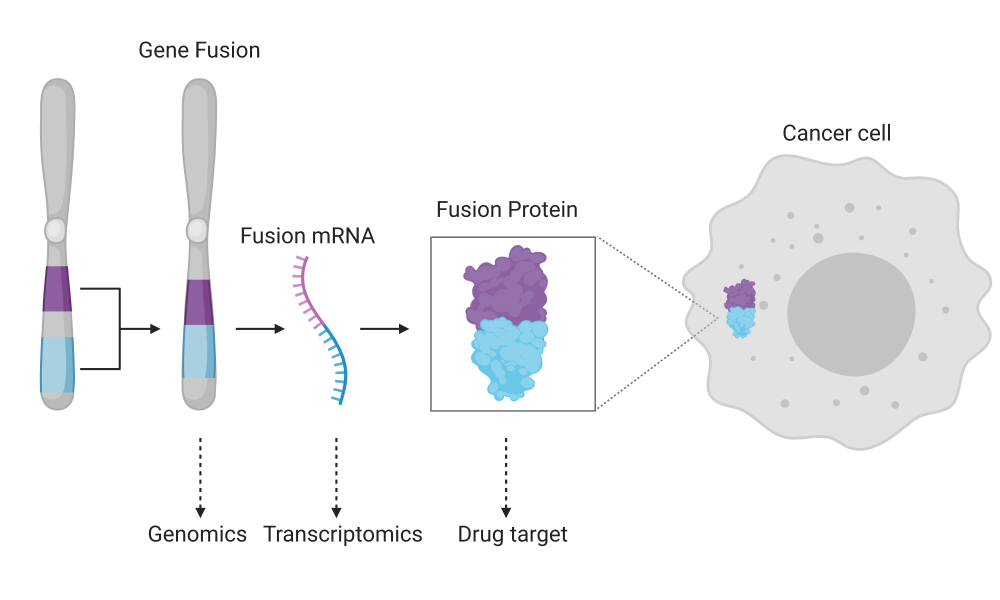
Whole genome and transcriptome analysis enables robust detection of cancer-causing gene fusions
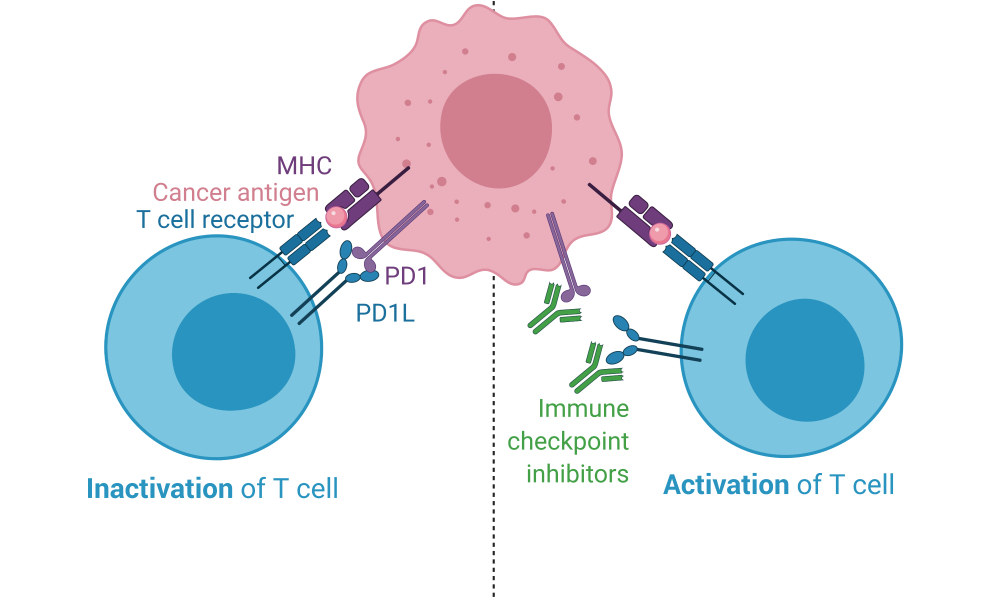
Whole genome and transcriptome sequencing uncovers biomarkers predicting response to immune checkpoint inhibitors
The development of immune checkpoint inhibitors (ICI), a type of cancer therapy that helps the immune system fight tumours, was one of the most significant milestones in cancer treatment in the last decade. While ICI therapy has been used to treat different cancer types, it is not universally effective and relapsed disease occurs. A robust strategy for predicting which patients are likely to respond to ICIs is needed, enabling clinicians to select the best course of treatment for each patient.

Voicing the Silent Genomes: new documentary features GSC Scientist, Dr. Nadine Caron
Remembering a glorious celebration: the GSC’s 20th Anniversary
This time last year we were in the midst of celebrating the GSC’s twentieth anniversary! Now, with all of us maintaining safe distances during the COVID-19 global pandemic, we can look back on these events with a greater appreciation for a glorious time when we were all able to be together.

The GSC Welcomes Dr. Laura Evgin

The GSC Welcomes Dr. Alexander Wyatt
